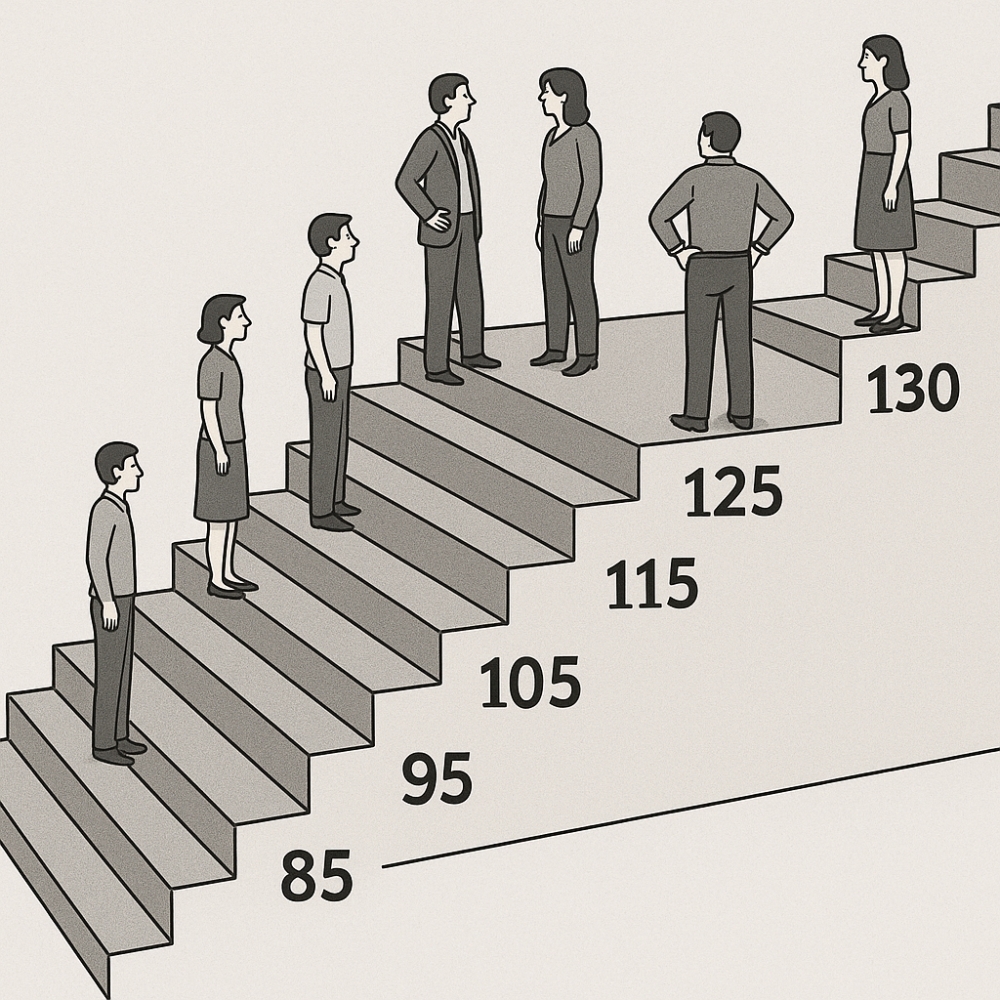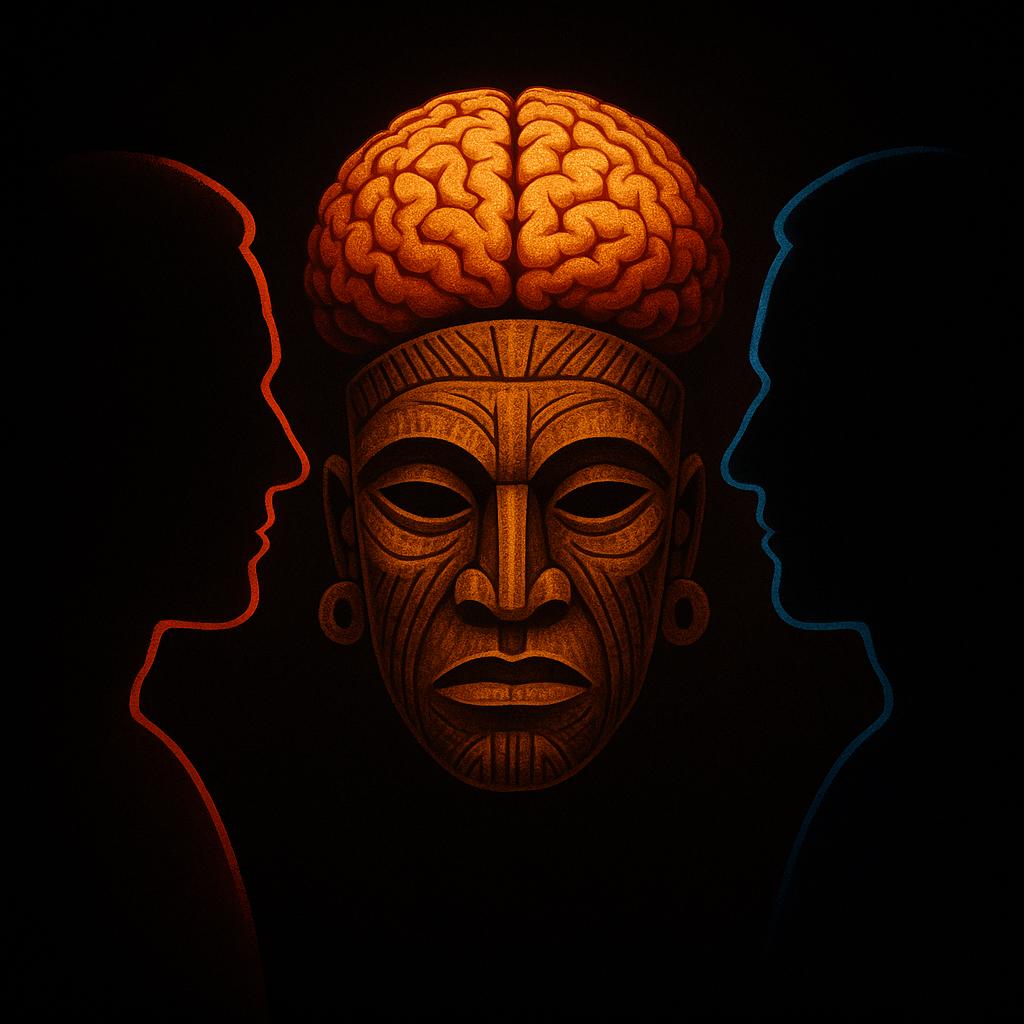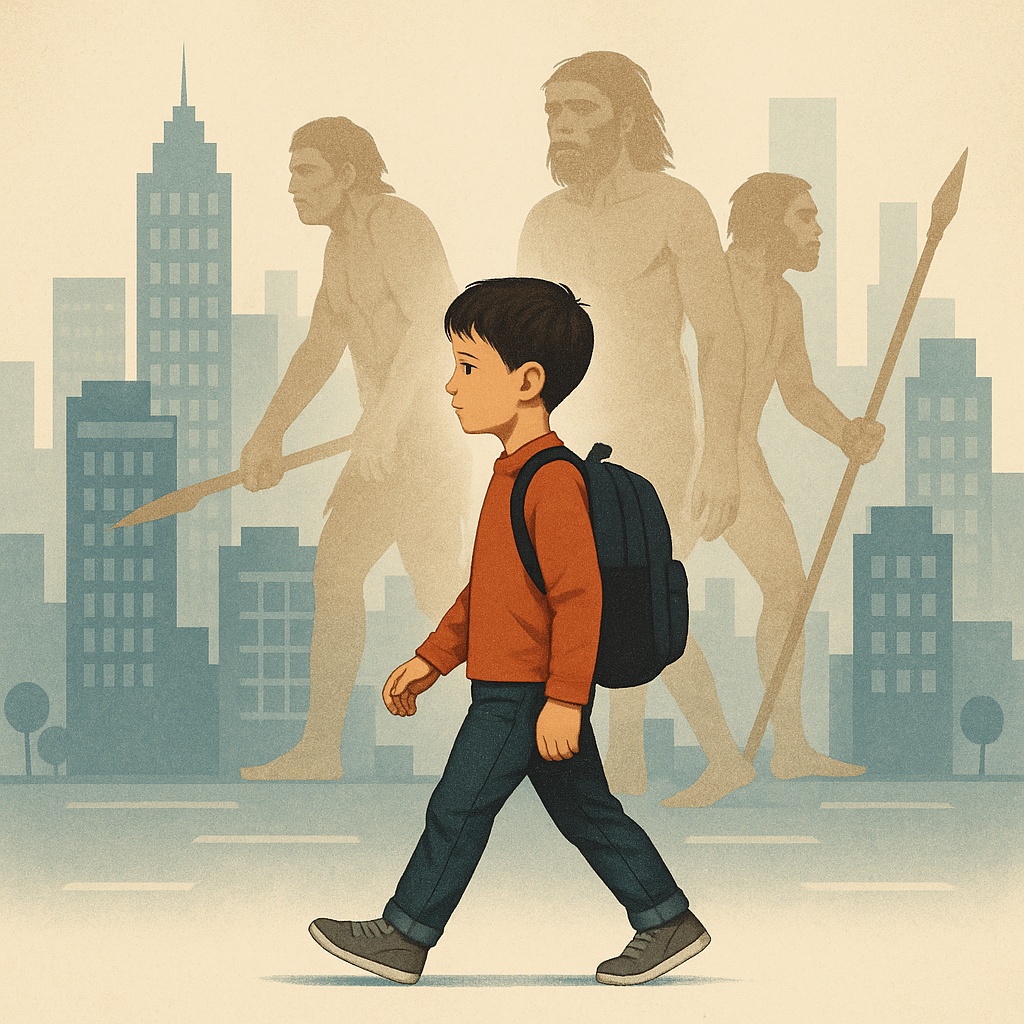Tag: evolutionary psychology
-

The feeling of being stupid and knowing better
When I walk through my hometown of Jičín and pass its churches, I do not feel reverence; instead, I observe evidence. I move between the medieval church from the 13th or 14th century and the newer church from the 1600s; together, they form a continuous record of how humans once explained reality. These buildings do…
-

Why humans invent eternity: Different afterlives, one psychology
Human beings fear death more than anything else. The body rejects it. The mind rejects it even more. Every civilization tried to answer this fear with stories of eternity. Some promised paradise. Others threatened torment. Some imagined endless cycles of rebirth. A few rejected immortality entirely. All attempted to give shape to the unknown. Yet…
-

Why are people so obsessed with IQ?
People obsess about IQ because it gives them a simple story in a world that feels impossible to decode. They want certainty, they want ranking. They want a number that answers questions they feel too afraid to ask. IQ (one of the most prominent scientific concepts in the humanities) offers exactly that. It promises clarity,…
-

Cognitive-behavioral manual for leaving religion
Leaving religion feels like dismantling a world inside your skull. You tear out a belief system that shaped your fears, your morals, your identity, your family bonds, your daily routines, and your sense of cosmic safety. And you do not simply reject a doctrine. You uproot an entire psychological ecosystem. This manual explains every hidden…
-

Facing Jesus’ non-existence: Two approaches
Every honest inquiry begins with discomfort. And nothing creates more discomfort than asking whether Jesus ever existed at all. Once you look at the historical evidence, the silence becomes deafening. The era overflowed with chroniclers who described everything: uprisings, quacks, prophets, magicians, riots, executions, natural phenomena, and obscure cults. Yet they never described Jesus. This…
-

Death penalty has no place: Freethinkers destroyed it
Freethinkers always challenge inherited dogma. They question every ritual, every ancient punishment, and every sacred justification for violence, they look at the death penalty and see a leftover from tribal thinking. They see fear, anger, and superstition shaping a policy that kills people. Freethinkers reject execution because they value reason, evidence, dignity, and moral responsibility…
-

The ancient tribal instincts behind political polarization
Political polarization did not begin with modern politics. It began in the deep past. Humans evolved inside small tribes where loyalty meant survival and disloyalty meant danger. Because of that, our brains still react to politics as if we lived in hostile plains filled with rival clans. Therefore modern polarization is not rational disagreement. It…
-

What children instinctively know: Pure evolutionary psychology
Children reveal the deepest layers of human nature. They act before culture reshapes them. They respond to the world with instincts older than civilization. Their reactions expose the evolutionary psychology we still carry inside our minds. Children read hierarchy, alliances, resources, threats, and reputation with astonishing accuracy. They know who matters inside a group, they…

